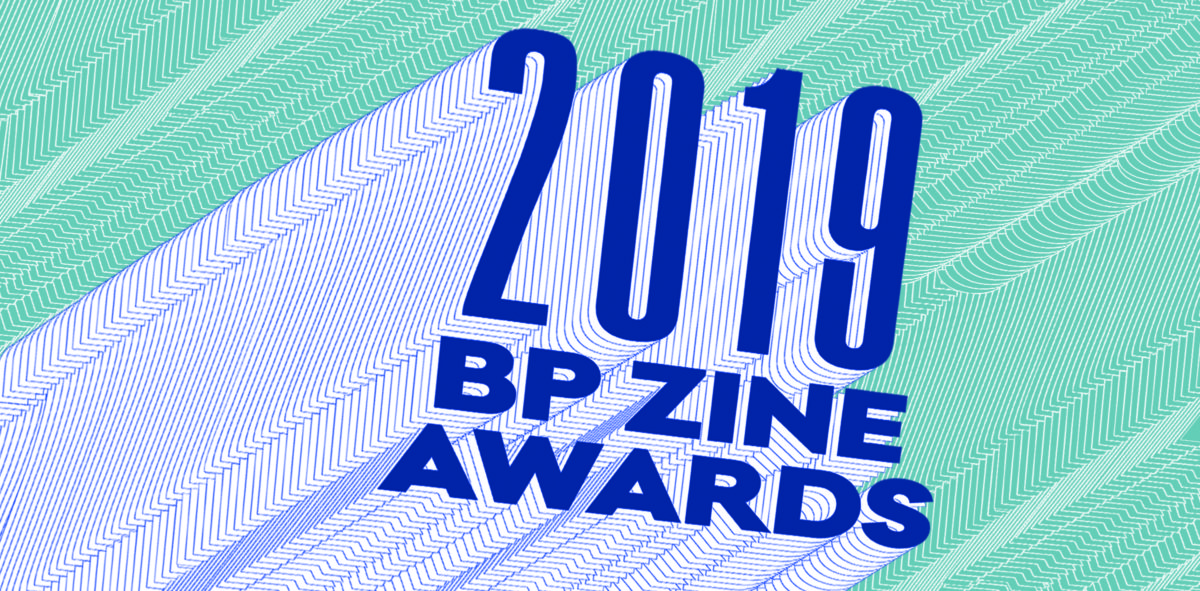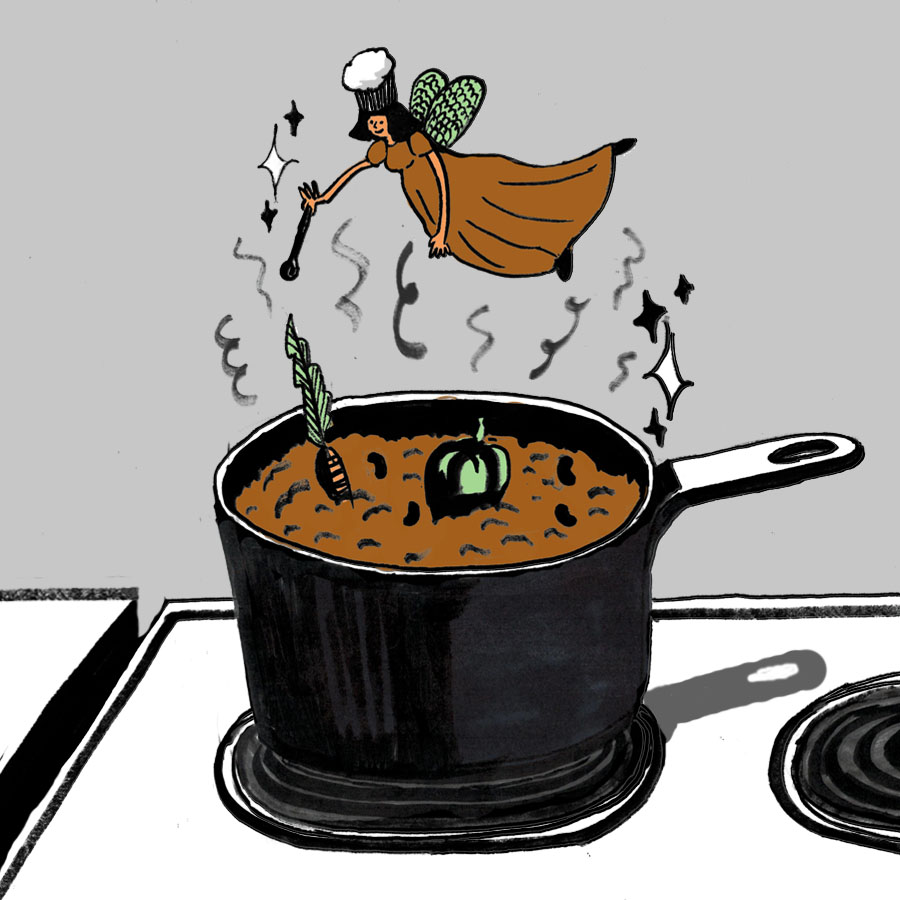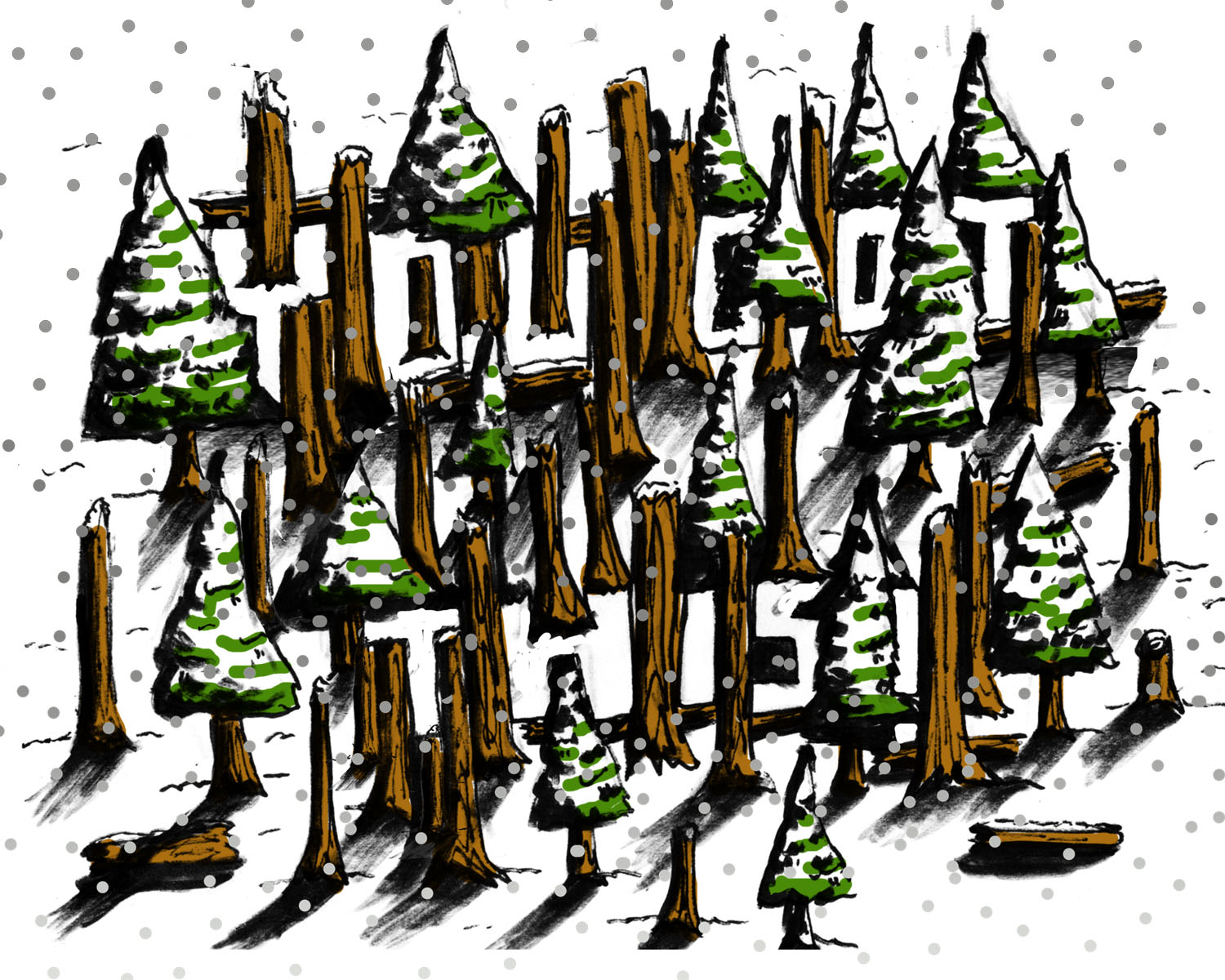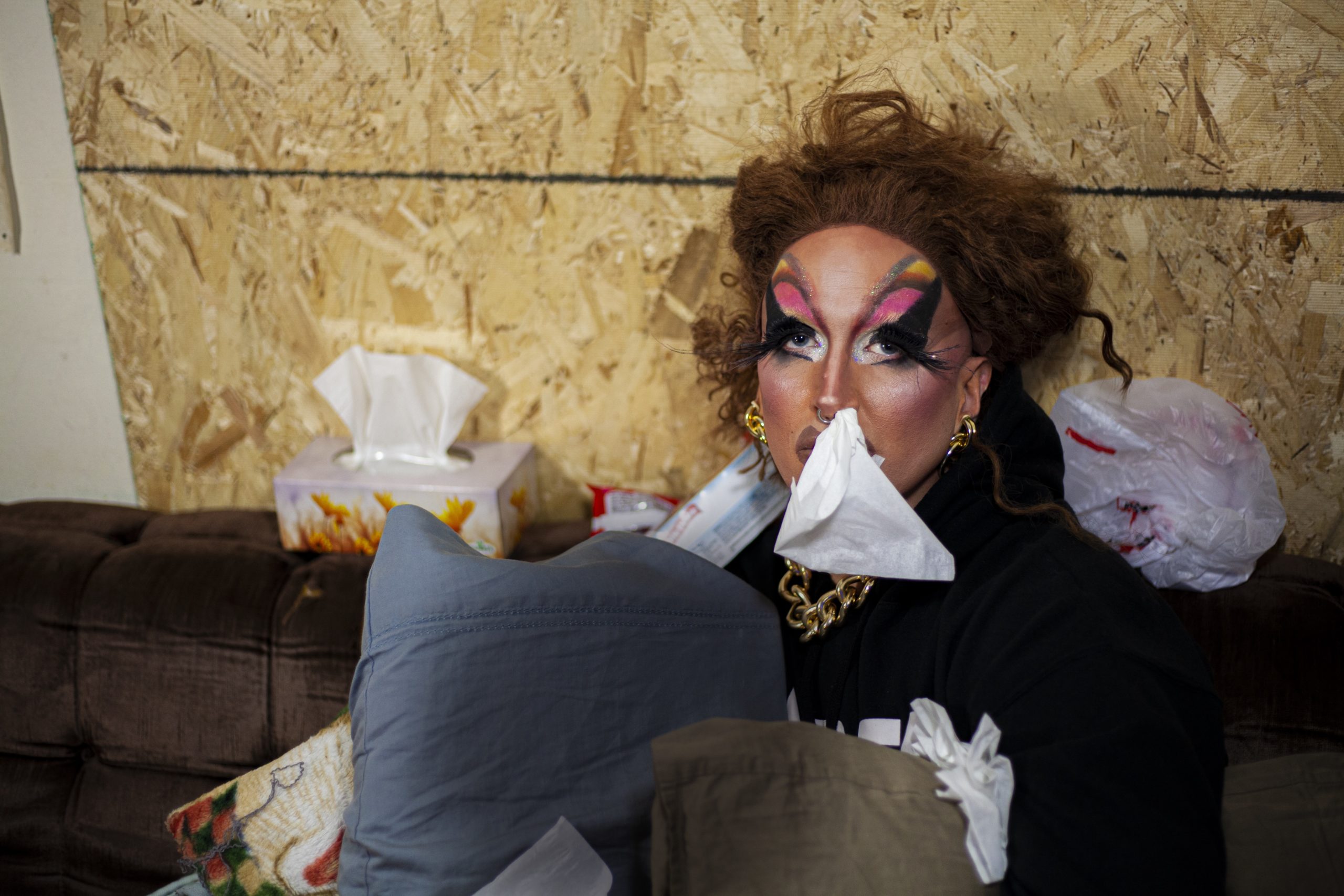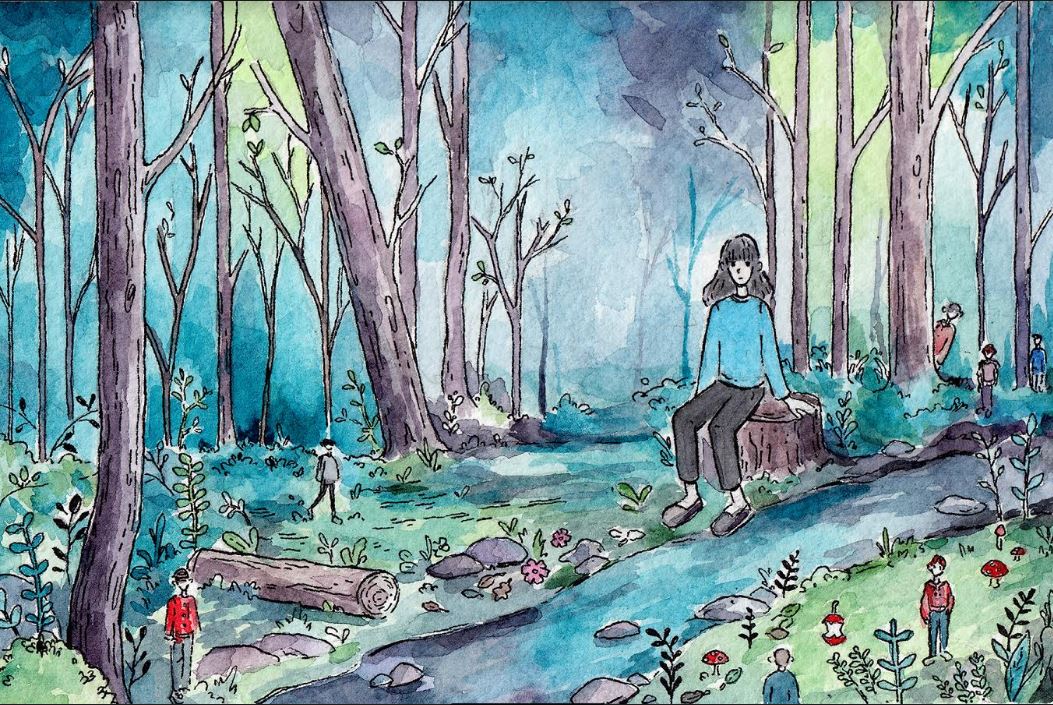
NOT ALL that long ago, I rented a cottage in the bush. As you know, my family had all moved away, and I found myself between jobs, between boyfriends, between projects, between dreams. All routine had fallen away, and my life had taken on a hulking aimlessness.
An acquaintance had sensed my inertia and told me, pressing my hand with unusual feeling, that I should make the most of this difficult period and get away for a while. No one our age had any money, so I’d only scoffed at first. But he told me he knew of a little cabin up north, far outside of cottage country, that cost next to nothing to rent in the spring. There would be no wifi, no quaint shops for tourists, and no waterfront access—but there would be no neighbours to deal with either, no constant whine of motor boats. I asked what exactly there would be for me, and he said, “A change of scenery, a chance to get inspired again.” That kind of thing.
I went on protesting and sipping my coffee. He said something vague and hackneyed like, “You’ll never know if you don’t try.” I shrugged. I shook my head. But he wouldn’t drop the issue. He leaned forward so close that I could see fine hairs on his cheekbones and smell cigarettes on his breath. It was only when I’d agreed to book the place that he released my hand and leaned back in his chair.
It wasn’t so much that I wanted to go, or even that I had nothing better to do. It was just that no one had shown any interest in my plans for a long time. The effect was so intoxicating that I doubted my hesitation. I felt a little dizzy but I opened an app and made the reservation right there at the table, and afterward I barely thought about it until the week of the booking rolled around.
It was a long drive, but I didn’t mind much. My body released some of its tension as the damp fields of the southern province gave way to the brute rock of the north. The temperature dropped, but it was warm in the sunlight. Sporadic drifts of melting snow shone white and clean among rotting leaves and thin, black soil.
The cottage itself looked just like the picture I’d seen on the app, but the trees all around it were barer and paler. Bright green buds were just starting to crop up along the branches. Without the dense leaves, I could see deeper into the forest. The building seemed less sheltered, less blind.
I didn’t take long to settle in. I put my backpack in the bedroom closet and stowed away the groceries I’d brought. For the first few days, I just puttered around. I made instant oatmeal on an old electric stove and read paperbacks from a sagging bookshelf. I drank instant coffee and sat out on the deck in Muskoka chairs with peeling green paint. I listened to the wind. At night I drank red wine and looked at sun-bleached prints hung up on the walls. I made fires in the potbelly stove with wood I found stacked against the back of the cottage. Sometimes my phone would get reception, and I’d listen to the burst of notifications that trilled out all at once. I ignored every text. I tried to come up with some kind of plan for my future but gave up as the days wore on. My thoughts kept wandering into the past.
Soon enough the old malaise caught up with me. I stopped washing my face and brushing my teeth. I caught myself reading the same paragraphs over and over without retaining anything. I gave up on books entirely. I let the dishes pile up and then I ate nothing but handfuls of cereal, salted nuts, jerky, and mealy apples whose cores I chucked into the woods, which became my only activity that bordered on entertainment.
After one particularly impressive core toss, I considered exploring the forest for the first time. I closed my eyes and listened to the animal chittering that I’d stopped noticing since I arrived. Suddenly I understood it as a sign of life instead of just white noise. I peered into the woods through its jagged lace of budding branches. When I went back inside, the quiet in the cottage had gone stale. I loitered, but I soon found my purposelessness had become less fulfilling. Then, after a while, I glanced out the window. I figured I’d have a couple hours before dark. I put my boots and jacket on, stuffed my phone into my breast pocket, and shut the cottage door behind me. I set out straight from the porch steps in the same direction I’d been hucking my apple cores.
The craggy ground sloped upward from the cottage before descending again less steeply. The toes of my boots churned the soil as I made my way up. With each step, I exhumed an organic smell of loam, burrowing insects, and the oaks and maples’ decaying leaves. A few metres forward and I came to the top of the slope. The trees, naked except for the scant buds and scaly patches of pale lichen, afforded a clear view of the valley that opened up below. I looked back over my shoulder and could just make out the cottage’s red door.
The trees cast long shadows that trickled down the hillside, funnelling into the valley just as I was myself. I listened to the endless chirruping and the cascade of leaves that I kicked up as I picked my way down. The temperature was more brisk than cold, and it kept me focused on the present. I felt like I’d been sleeping for months and was finally starting to wake up. I felt like my old self again, or something like it at least.
The soil became wet as I came near the valley floor. It sucked at my boots with each step, and between the squelches of my feet popping free, I became aware of a new sound, soft and pleasant: the murmur of slow-running water. Soon enough I saw a little stream—although stream might be too grand a word. I don’t want you picturing a big, coursing thing. It was just a trickle of water, really, that sprang up from the mud and flowed leisurely along. The narrow swath of it was so black that it looked like forest shadows that had melted and condensed.
This, I thought, is the kind of thing I came looking for. Maybe this sounds silly to you, but I was happier then than I’d been in ages—too happy to worry about dirtying my clothes. I sat down beside the stream and watched the seeping water. I wasn’t thinking about anything. All my memories were miles away, and the shapeless, sprawling future seemed hidden by the trees. A few minutes passed before I noticed an apple core on the other side of the stream. It was too far from the cottage for me to have thrown it down here. No sooner had I considered this fact than I noticed the little men.
There were dozens of them all along the stream—though to them, of course, it must have been a proper river. Some of them stood on the bank opposite me, and some had waded into the water. Others were sitting in a circle among the dead leaves, and these ones had little drink bottles and tiny bowls of food between them. Their clothes were ordinary, the kinds of things regular-sized men might wear, and their varying hairstyles looked quite modern. Each one was looking at me with blank expressions, their eyebrows half-raised as if they were waiting for me to speak, which I managed to do eventually.
“Sorry,” I said. I had begun reaching one palm behind me to stand up, but a sudden fear of squashing one of the little men froze me in place. “I didn’t see you there. I hope I’m not interrupting. I really didn’t—”
“No, no, no,” said one little man. He was wearing a plaid shirt buttoned up to his neck, and he had a thick, red beard. “We’ve been expecting you. Haven’t we, boys?”
Many of the others nodded, and two or three answered, “Yes, yes, yes.”
“Expecting me?” I asked. Their tiny faces seemed so earnest that I believed them, though I had no idea how they knew I would come. I wondered if they’d seen my car when I drove in, but the long, winding driveway was nowhere in sight.
“Yes, yes of course,” the red-bearded one almost crooned. “You’ve been kind enough to toss us some provisions.” He gestured toward the apple core, which I noticed now was swarming with ants. “We thought we’d better return the favour. Manners maketh man.”
Some of the little men began clapping. The ones who had waded into the stream turned and made their way back toward the bank. The red-bearded man strolled over to the circle with the tiny dishes of food.
“You mean like a picnic?” I asked. The question sounded stupid even to me, but I didn’t know what else to say, and I didn’t want to be rude. They had plainly gone to some effort on my behalf, though I couldn’t imagine why.
“Like a picnic! Yes!” cried the little red-bearded man. He had a broad smile that revealed two rows of straight, square teeth the size of sesame seeds.
Many of the other little men were clapping their hands now and shouting in delight.
“A picnic!”
“Yes, a picnic!”
“A picnic!”
“Yes, that’s right!”
Only the ones seated down by the food stayed quiet. One had on a jewel-toned blue suit and a tie the colour of dried blood. His black hair curled over tiny, round ears that stuck straight out from his head. Of all the little men, he made me the most uneasy. There was something about his tight-lipped smile that didn’t touch his eyes.
The others begged me to eat with them. Not wanting to offend, I stood up carefully and stepped across the water. Then I sat down among them, rubbing my arms because they’d gone cold. I could see now that their bowls were made of acorns. Most were filled with small, red berries while others contained salads of torn-up leaves, miniature portions of soups, or tiny baked loaves no bigger than a grape. When I had settled in close to them, the little men began to tremble with excitement. Some flapped their hands up and down while others kept running their fingers through their hair. Only the red-bearded man and the suited one maintained their composure, though they kept running their little pink tongues over their little pink lips.
Whatever had drawn me down into the valley—whether it was my own restlessness or the little men themselves—the contentment I’d so briefly savoured had worn off when I crossed the water. The little men’s elation frightened me. I thought of the cottage and the lock on its red door. If I could just excuse myself—but I didn’t want to provoke them. I had no idea how they might react. There was no way of telling what they were capable of, so I just sort of sat there. I tried to keep a smile on, to stop looking back in the direction I’d come from. Meanwhile the little men passed the bowls of food from one to another and along to the figures that were standing the closest to me.
“Try the berries,” said the red-bearded man. He had lain one hand on my knee while the other held out the fruit. His hand was so icy that the cold stabbed right through my jeans.
“No, no, the salad first,” said the one in the suit. He set a bowl of leaves on my right knee, and in doing so, he pressed the whole length of his little frigid body against me.
I tried to protest, to offer some polite refusal, but the preternatural cold of the little bodies arrested my thoughts and my tongue alike. Mute and stupid, I could only shake my head while the others with their bowls pressed up against me, all of them humming now and bustling about.
I shook my head, and all at once, the smiles melted away from their little faces, which became masks of impish fury with brows tilting at unnatural angles and frowns arcing down to their chins.
“Eat!” they screeched, all clamouring. “Eat! Eat! Eat!”
I remained frozen in terror until they began to climb all over me. Their tiny fingers pricked my skin like frosty needles. The acorn bowls beat against me like little wooden clubs. Finally, instinct took over. I scrambled to my feet and started to run, but by now the men were clinging to my clothes, my hair, and my skin. I tried to shake them off. I tried to brush them down. I tried to get away but they were in my ears and up my nose and down my shirt and covering my eyes.
“Eat!” they went on shouting. “Eat! Eat! Eat!”
With cruel hands they tried to force the food between my lips, but I held my mouth shut so tightly that my jaw quivered with the strain. The juice and pulp of their mangled fruit ran down my chin. Inside my mouth, my lips were bleeding. The little hands kept punching and pushing them in against my teeth.
Then a root caught my toes, and I went down hard. I felt some of their little bodies crumple underneath me, but the swarm only thickened as their mad cries grew louder. I wanted to scream, but I didn’t dare part my lips. I groaned as their freezing palms dug into my eyes and squeezed my nostrils shut. I couldn’t breathe, and they went on crushing the fruits against my mouth, laughing now because they knew it would have to open. I thought of the apple all covered in ants. And then something happened as I struggled one last time to draw some air through my nose. There was a sudden rumbling in my chest and a loud sing-song tone that made the men wail in blood-curdling unison. First one then another, the little vicious bodies fell away.
With a frantic sort of caution, I opened my eyes. The sunlight was failing, but my chest was emitting a soft, bluish glow. My cellphone was ringing. The little men had unzipped my jacket, and the screen was shining through the pocket of my shirt. The light, the sound, or the vibration—somehow it had scared them off. There was no sign of the little men themselves now, only their acorn bowls that lay topsy-turvy on the ground.
I sprang to my feet again, not answering the phone but holding it like a flashlight in front of me and stumbling up the hill while it rang. I kept running when the ringing died out. I still brandished the phone in front of me, and I sprinted all the way back to the cottage.
I didn’t bother with the groceries. I didn’t even lock the door behind me. I just shoved as many of my things into my backpack as I could in the space of about five seconds, grabbed my keys from the kitchen counter, and then threw myself into the car.
I didn’t check my phone to see who called until I had to stop at one of those tiny gas stations nestled in between the highway and a bunch of blasted rock. It had been my mother from across the country. I wondered if she’d be angry that I hadn’t picked up. I laughed and laughed, and then I saw myself laughing in the reflection on the car. My hair was all dishevelled, and I had this crazy purple stain all down my chin.
After that I moved out west, so I’m far, far away now and I’m closer to my family. Even here, though, I never set foot in the woods anymore, and I can’t stand the sight of apples. Can you blame me? I’m not sure why I’ve told you all of this. And if you think I’m lying about it, you wouldn’t be the first.

